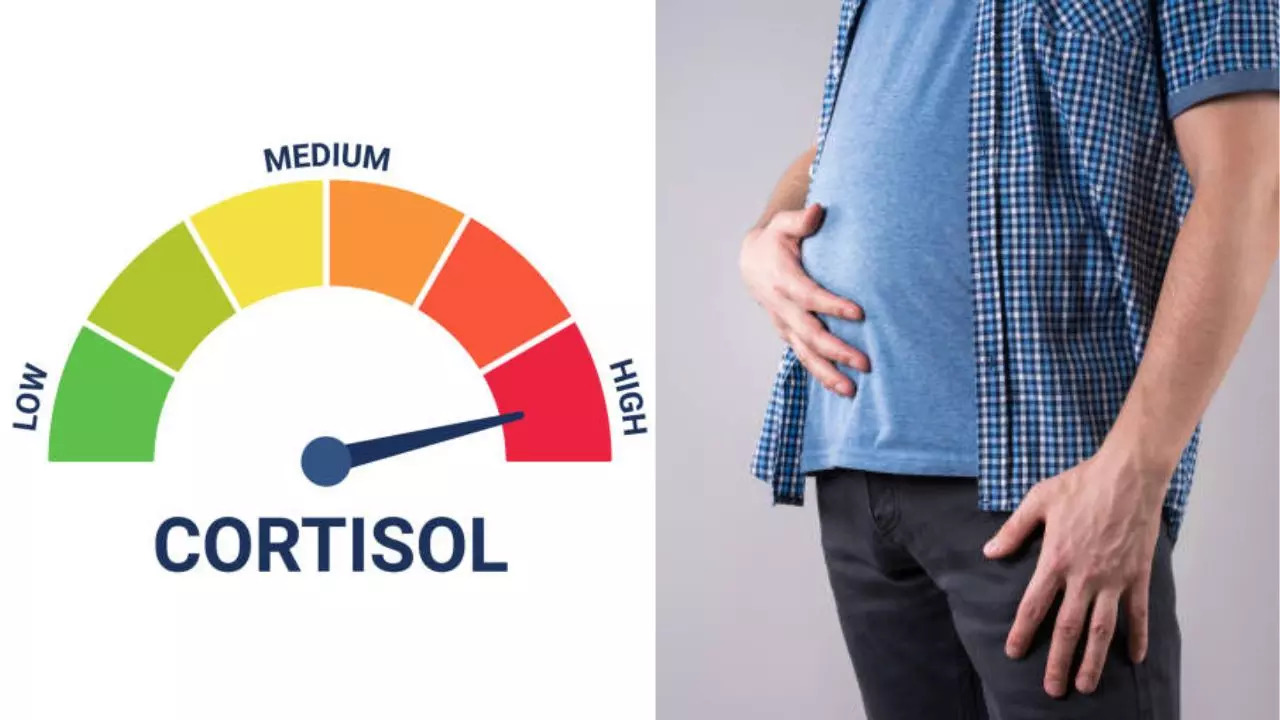Researchers at the Paul Scherrer Institute PSI and the Massachusetts Institute of Technology MIT are using artificial intelligence to improve the categorization of breast cancer. Not all cancers are the same. Some tumors grow very slowly or hardly ever change from a comparatively harmless pre-cancerous form to a life-threatening form.
In men, this includes prostate cancer and, in women, a precursor of breast cancer in the milk ducts, known as ductal carcinoma in situ . In 30 to 50 percent of cases, this form, abbreviated to DCIS, develops into a threatening invasive breast carcinoma. Because DCIS is highly curable, doctors generally recommend treatment.
Until now, doctors have lacked the necessary indicators to reliably decide which tumors will remain benign and which will become a life-threatening invasive ductal carcinoma (IDC). This lack of knowledge in characterizing breast cancer prompted a new study, led by G.V.
Shivashankar, Head of the Laboratory of Nanoscale Biology at PSI and Professor of Mechano-Genetics at ETH Zurich, and Caroline Uhler, Director of the Eric and Wendy Schmidt Centre at the Broad Institute and Professor of Electrical Engineering and Computer Science at MIT. The researchers have developed a system for analyzing images which uses artificial intelligence to reliably determine the stage of the disease. "Our work opens up a unique approach to identifying the stage of DCIS using images that show how the DNA is packaged in each individual cell.
Collecting.


















